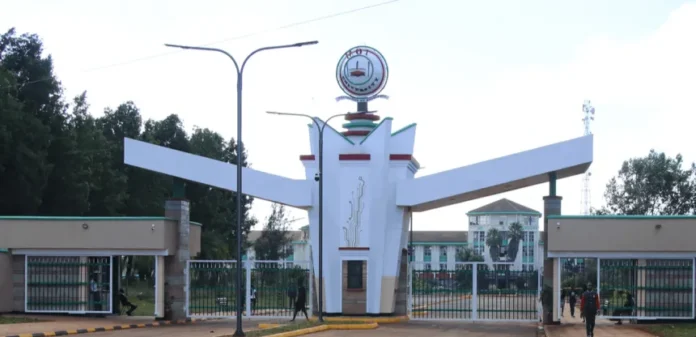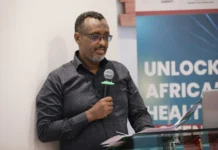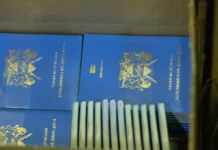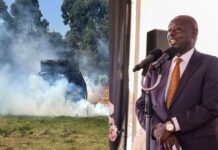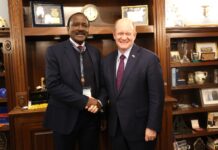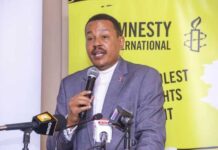Acting Vice-Chancellor of Moi University, Prof. Kiplagat Kotut, has assured stakeholders that the institution is far from collapsing and is actively addressing its challenges with bold and strategic measures.
Speaking during the launch of the second phase of the university’s renewable energy initiative, Prof. Kotut dismissed perceptions that Moi University is in decline. “There are people who think Moi University is dying, and in fact, some believe it died a long time ago,” he said. “We have challenges, but the most important thing is that we have identified them and we have the solution to our issues.”
Among the most significant steps taken under his leadership is the retrenchment of 900 staff members, a decision that drew criticism, but which Kotut defended as necessary for institutional survival. “The process will be painful at some point. It will hurt a few of us, but if it is necessary to save all of us, then it is worthwhile,” he stated.
The university is also investing in sustainable energy as part of its recovery strategy. The second phase of its solar power project, led by Afriwatt Engineering Ltd, will see the installation of a 51.7KW Solar PV Grid Tie Solution, valued at Ksh 4.2 million. This system is expected to boost energy savings from 11.12% to 32.3% and reduce dependence on the national power grid by up to 36.9%.
The initiative aligns with a broader plan to establish a 30 MW solar power plant aimed at slashing operational costs and improving long-term efficiency. Prof. Kotut emphasized that the university will rely on strategic partnerships to realize its goals. “We are going to utilise the power of partnerships to be able to achieve that which we require as a university,” he said.
Moi University has faced severe financial struggles in recent years, resulting in disruptions to academic programs and services. However, Prof. Kotut expressed optimism that the difficult decisions being made now will lay the foundation for lasting recovery.
“We have decided we are not going to wait for anybody to fix our problems,” he concluded. “We are fixing them ourselves.”
Written By Rodney Mbua









